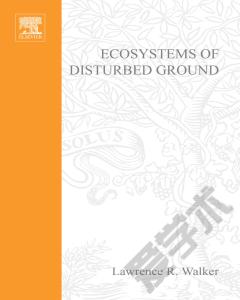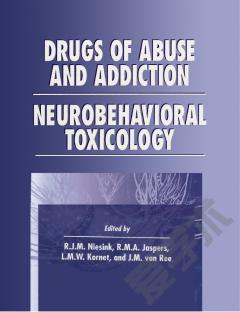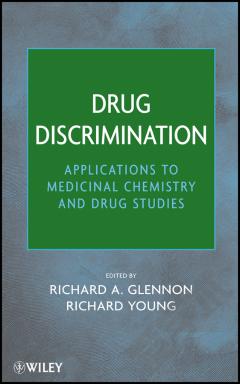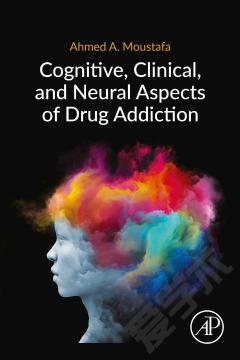Cocaine Abuse —— Behavior, Pharmacology, and Clinical Applications
----- 可卡因滥用:行为学,药理学和临床应用
Cocaine abuse remains a major public health problem and contributes to many of our most disturbing social problems, including the spread of infectious disease, crime, violence, and neonatal drug exposure. Cocaine abuse results from a complex interplay of behavioral, pharmacological, and neurobiological determinants. While a complete understanding of cocaine abuse is currently beyond us, significant progress has been made in preclinical research on fundamental determinants of this disorder. These advances are critically reviewed in the first section of this volume. Important advances also have been made in characterizing the clinical pharmacology of cocaine, and those advances have been extended to understanding individual vulnerability to cocaine abuse, development of effective treatments, and discussions of policy. Those advances are critically reviewed in the third section of this volume. Contributors to the book were selected because of their status as internationally recognized leaders in their respective areas of scientific expertise. Moreover, each is a proponent of the importance of a rigorous, interdisciplinary scientific approach to effectively addressing the problem of cocaine abuse. As such, this volume offers a coherent, empirically-based conceptual framework for addressing cocaine abuse that has continuity from the basic research laboratory through the clinical and policy arenas. Each of the specific chapters is sufficiently detailed, in-depth and current to be valuable to informed readers with specific interests while also offering a comprehensive overview for those who might be less informed or have broader interests in cocaine abuse.
{{comment.content}}








 京公网安备 11010802027623号
京公网安备 11010802027623号